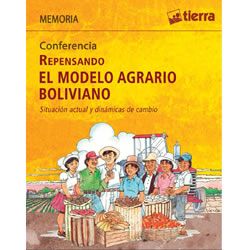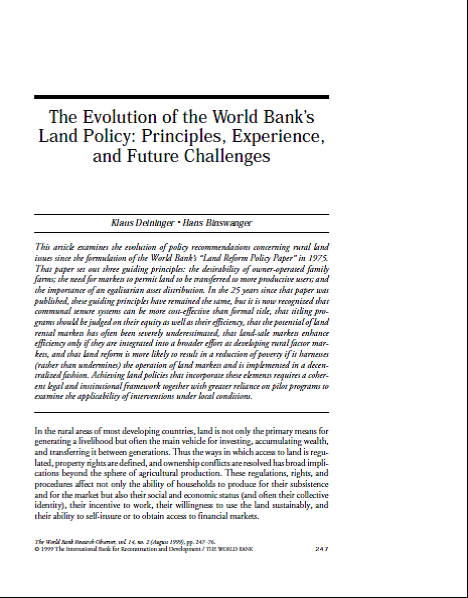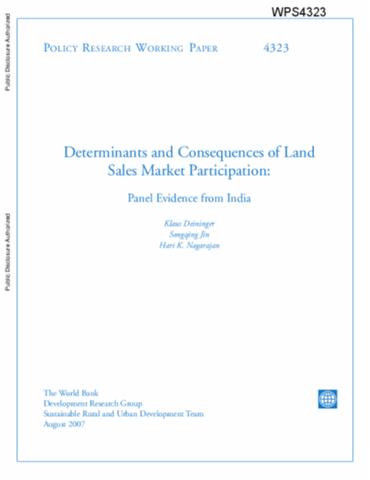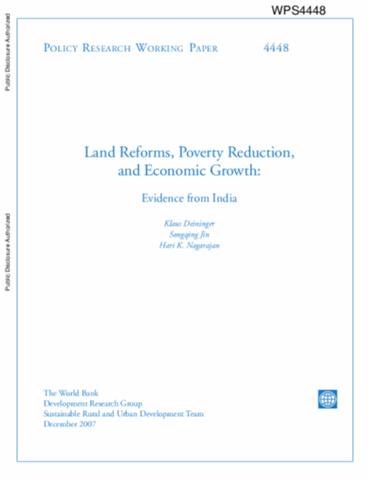Agrarian changes in the Nyimba District of Zambia
Over the past decade issues pertaining to land sharing/land sparing have gained some space in the debate on the study of land-use strategies and their associated impacts at landscape level. State and non-state actors have, through their interests and actions, triggered changes at the landscape level and this report is a synthesis of some of the main findings and contributions of a scoping study carried out in Zambia as part of CIFOR’s Agrarian Change Project. It focuses on findings in three villages located in the Nyimba District.






